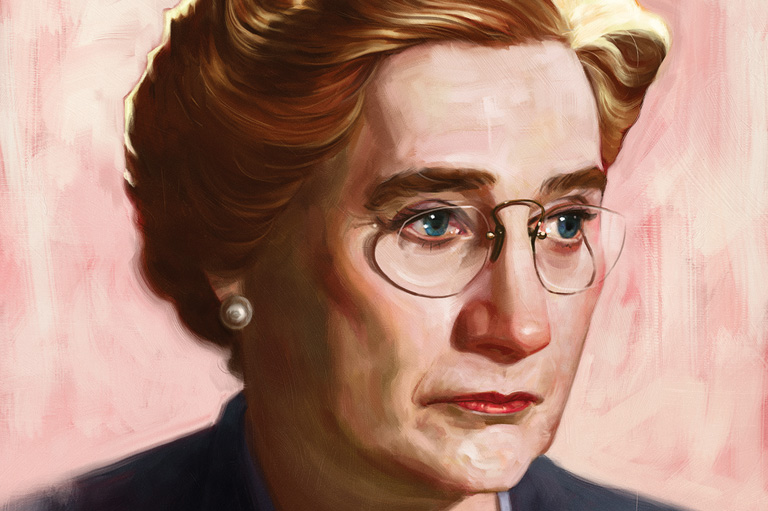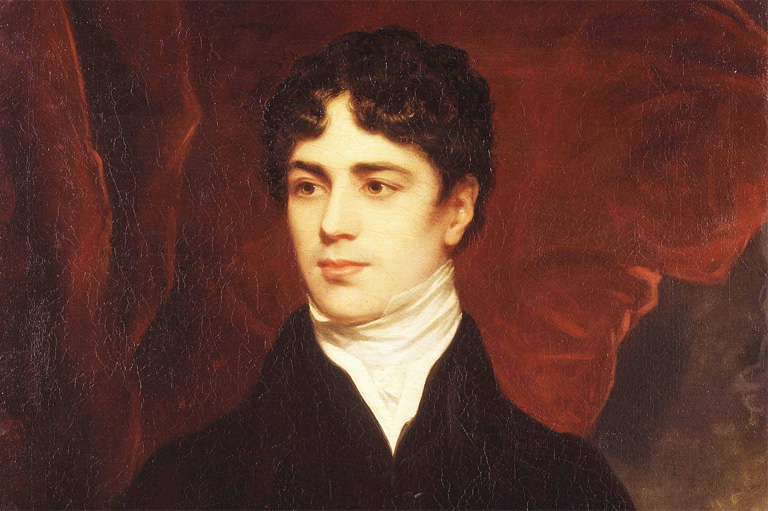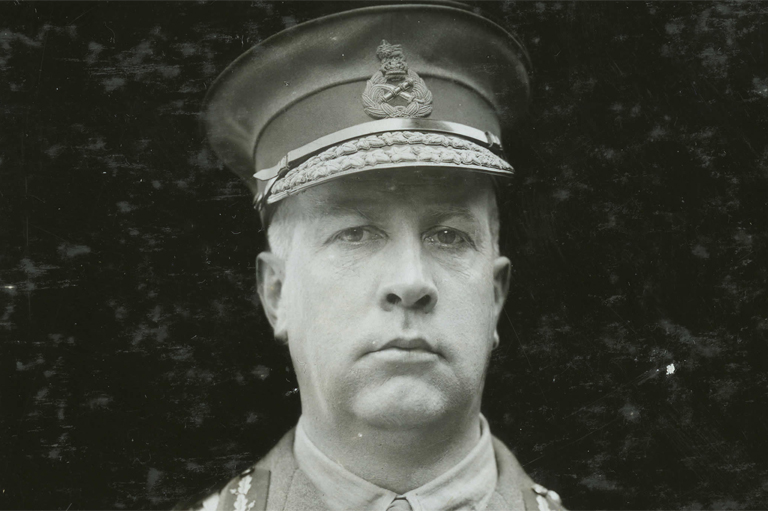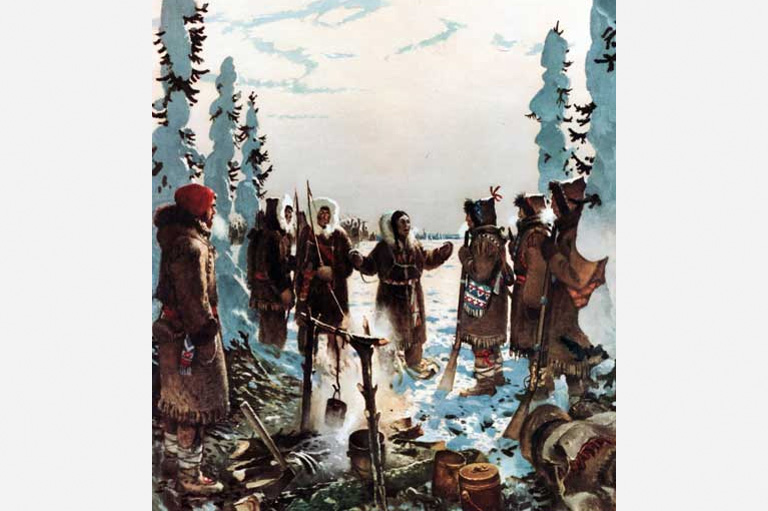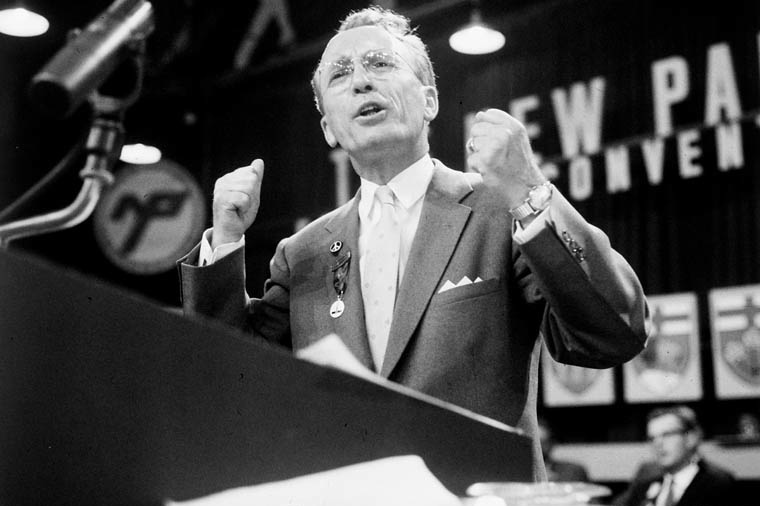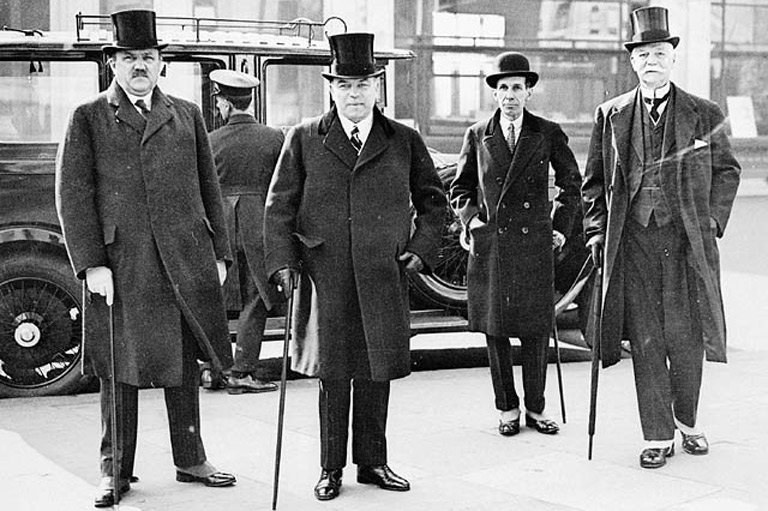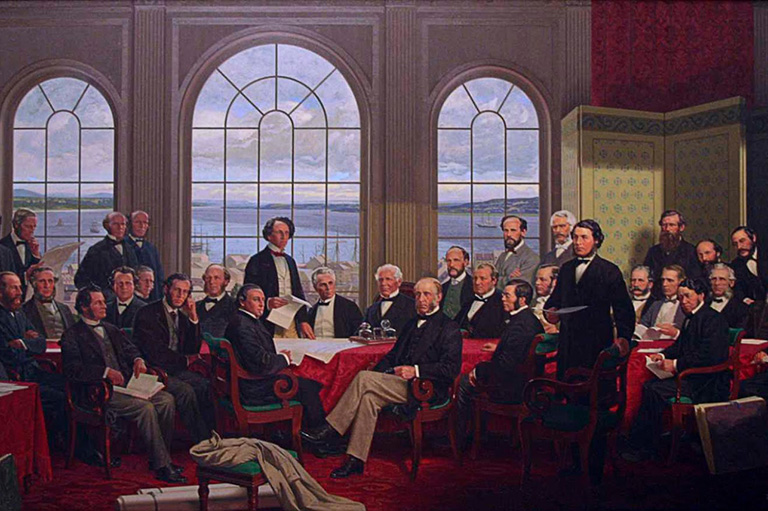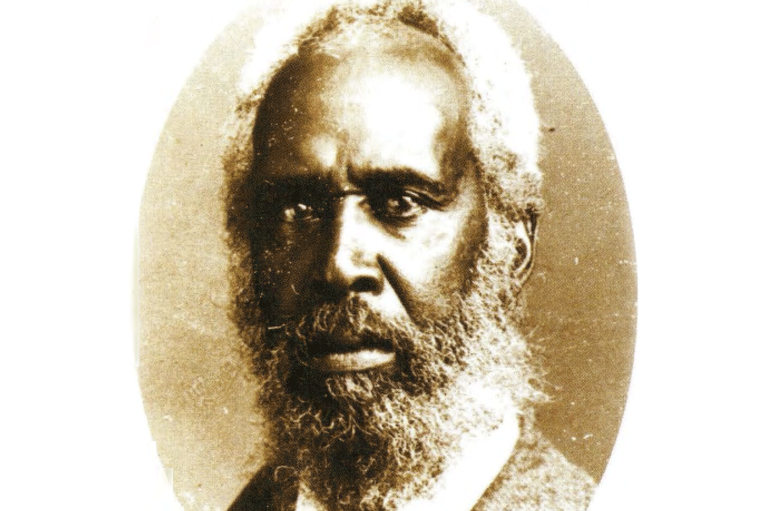History Idol: George Brown
As a young man, Brown travelled to New York with his father Peter in 1837. But the dry goods store they opened soon bored the politically active pair. Peter, assisted by his eager son, began a string of journalistic endeavors, and after a move north to Toronto, they created the Toronto Globe.
Brown, spearheading the newspaper, wrote politically charged editorials exploring issues including separation of church and state and representation by population in elections. Brown was particularly concerned that the French-Canadians, and the Roman Catholic Church, held a disproportionate amount of political control.
For the outspoken journalist, it was an easy move into the political realm, and the Globe soon became the mouthpiece for the Reform movement (the forerunner of the Liberal Party). In 1851 Brown was elected to the Legislative Assembly of Canada as a Reform Party representative.
Christopher Moore, writer, popular historian, and long-time columnist with Canada's History, admires Brown's fiery passion.
“Brown stands out for me because he was a man of tremendous political views, a great polemicist ... he liked arguing with people about politics.”
According to Moore, Brown's defining moment came in the summer of 1864, when he signed onto a coalition that would work toward uniting all British North American colonies. Despite their differences, Brown successfully negotiated with George-Étienne Cartier, French-Canadian leader and John A. Macdonald ally.
“Accommodation between regions and between interests and between ideologies has always been an essential part of the Canadian confederation and it's a model that George Brown's very intimately related with,” Moore said.
Moore also admires Brown for declining to seek the office of prime minister. Moore says today’s political climate overemphasizes the power of the government leader, and that politicians today could learn a thing or two from Brown’s example.
“The thing I liked about George Brown is how he evoked a political world where people with strong views and political effectiveness could put their ideas forward and sometimes even get them through — it wasn't all about who's prime minister and who's not prime minister,” Moore said. “I do think that we're much too leader-centric in our politics today.”
We hope you’ll help us continue to share fascinating stories about Canada’s past by making a donation to Canada’s History Society today.
We highlight our nation’s diverse past by telling stories that illuminate the people, places, and events that unite us as Canadians, and by making those stories accessible to everyone through our free online content.
We are a registered charity that depends on contributions from readers like you to share inspiring and informative stories with students and citizens of all ages — award-winning stories written by Canada’s top historians, authors, journalists, and history enthusiasts.
Any amount helps, or better yet, start a monthly donation today. Your support makes all the difference. Thank you!

